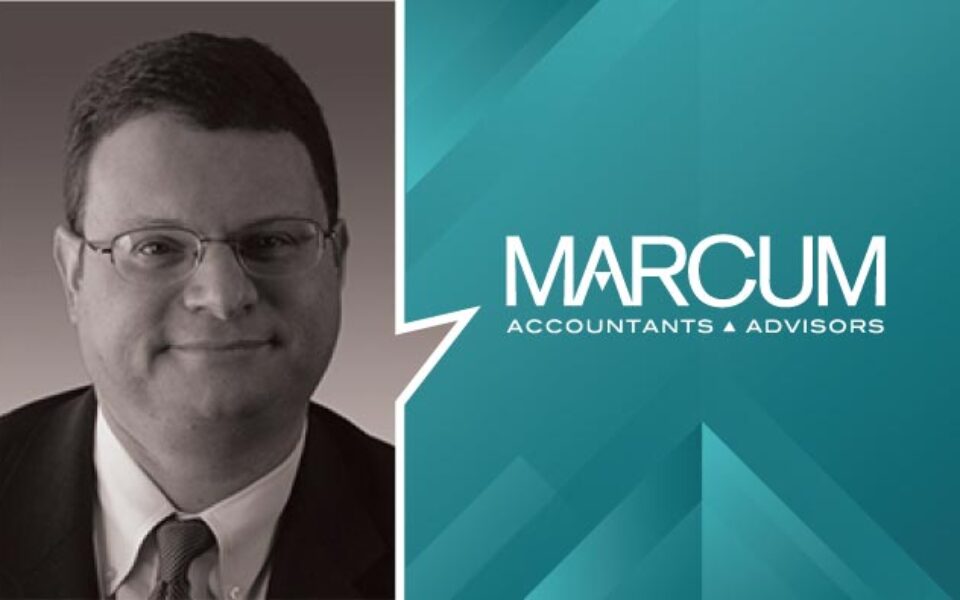Ronald Finkelstein, Tax & Business Services Partner, Quoted in Barrons Article, "Can Another State Tax Your Trust?"
Barron
By Amy Feldman

Excerpt:
Smartly setting up trusts requires knowledge of state tax laws, not just federal rules. Consider Robert L. McNeil, a chemist and onetime Pennsylvania resident who amassed a fortune as the business brain behind Tylenol. McNeil established trusts for his family but chose to locate them in Delaware, for tax purposes.
When Pennsylvania sent the trusts a tax bill of more than $500,000, the chemist’s family fought back. In May 2013, the Pennsylvania Commonwealth Court ruled that, despite McNeil’s residency in Pennsylvania at the time of the trusts’ creation, there was insufficient connection to the state for it to impose its income tax.
IF YOUR TRUST HAS INCOME that’s sourced from another state — a rental property located there, say — you’ll generally owe tax to that state. But for a state to tax all of a trust’s undistributed income, it needs to have a substantial connection, called a “nexus,” to that state. The rules are all over the map: Your trust could be considered a resident of a state simply because the person who set it up was a resident there, or because the trustee, fiduciary, or beneficiary lived there.
While you may be able to get a tax credit in one state for state tax paid to another, the overlapping rules are so complex it’s not always clear how to claim one. Double taxation can happen, says Ronald Finkelstein, a tax partner at Marcum, a national advisory firm. Such issues regularly crop up in California, where there are many traps. If a New York family set up a directed trust in Delaware, then named a financially sophisticated friend in California to oversee the trust’s portfolio or to make distributions, it could face a tax hit in California.
A client of Finkelstein’s switched from a grantor to a nongrantor trust and dropped a trustee who would have established a connection with a Midwestern state that could have staked a claim. Hundreds of millions of dollars of stock were in the trust, with a cost basis of zero for tax purposes, explaining why we were asked not to identify the players.
Click here to read the full article on online.barrons.com >>





